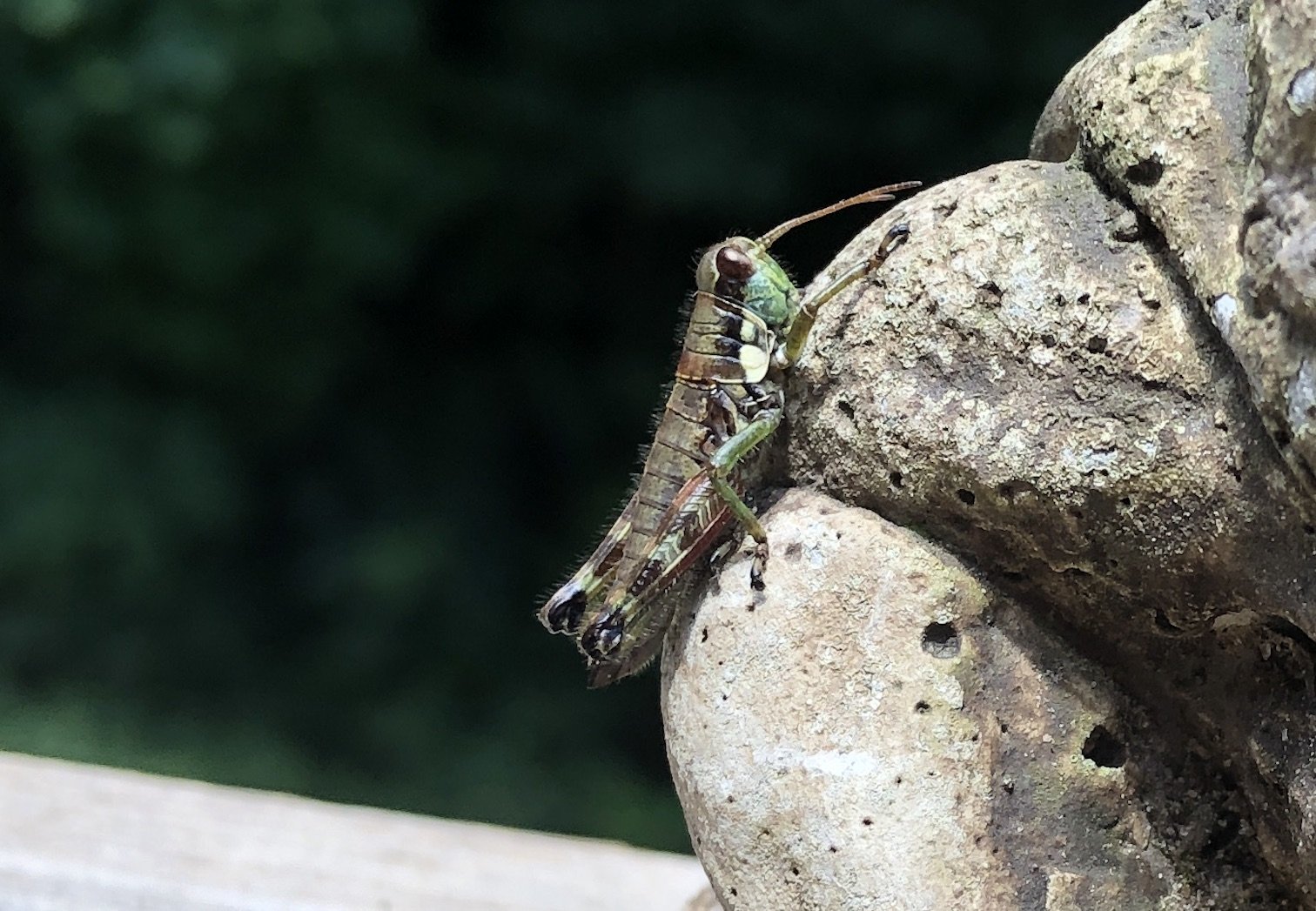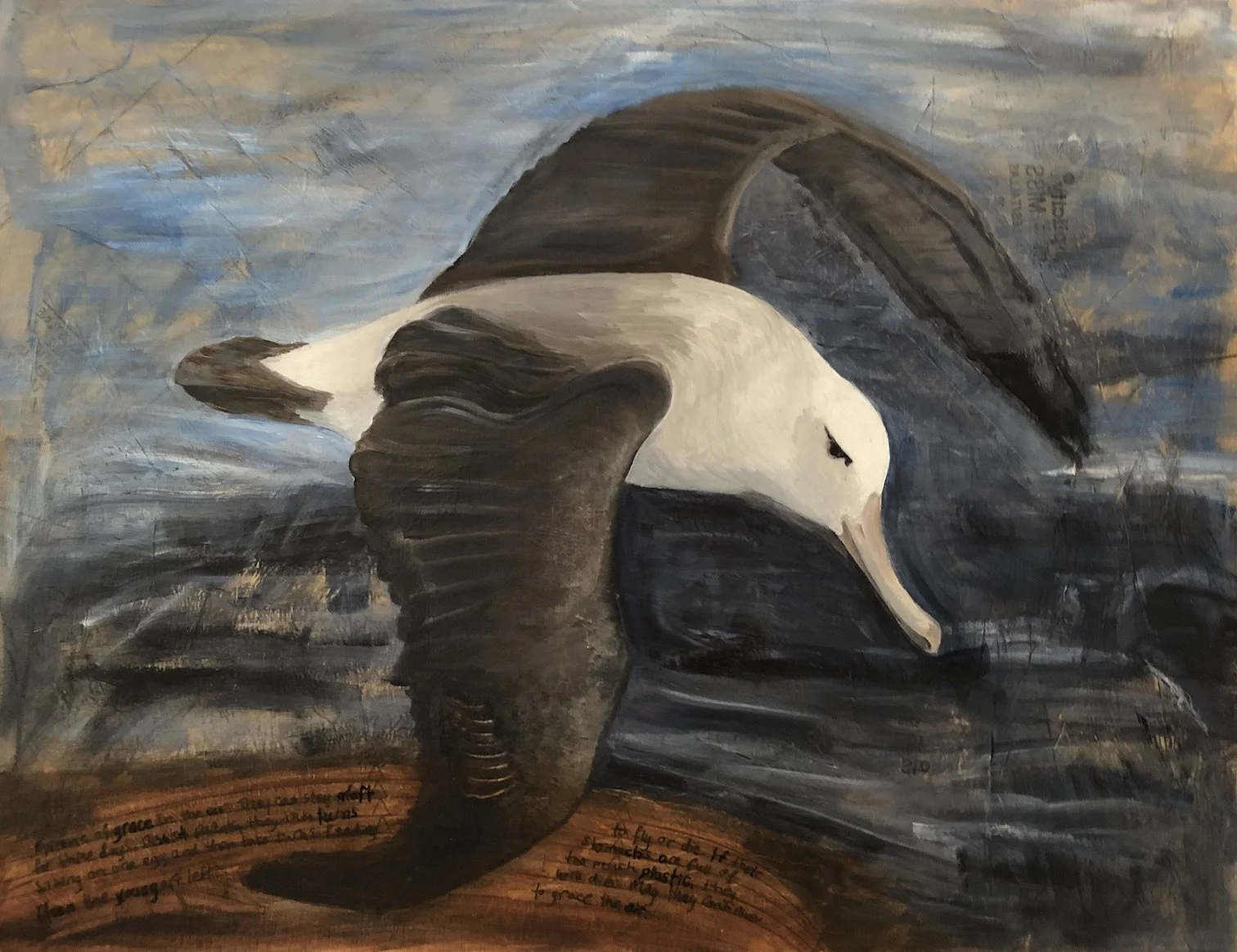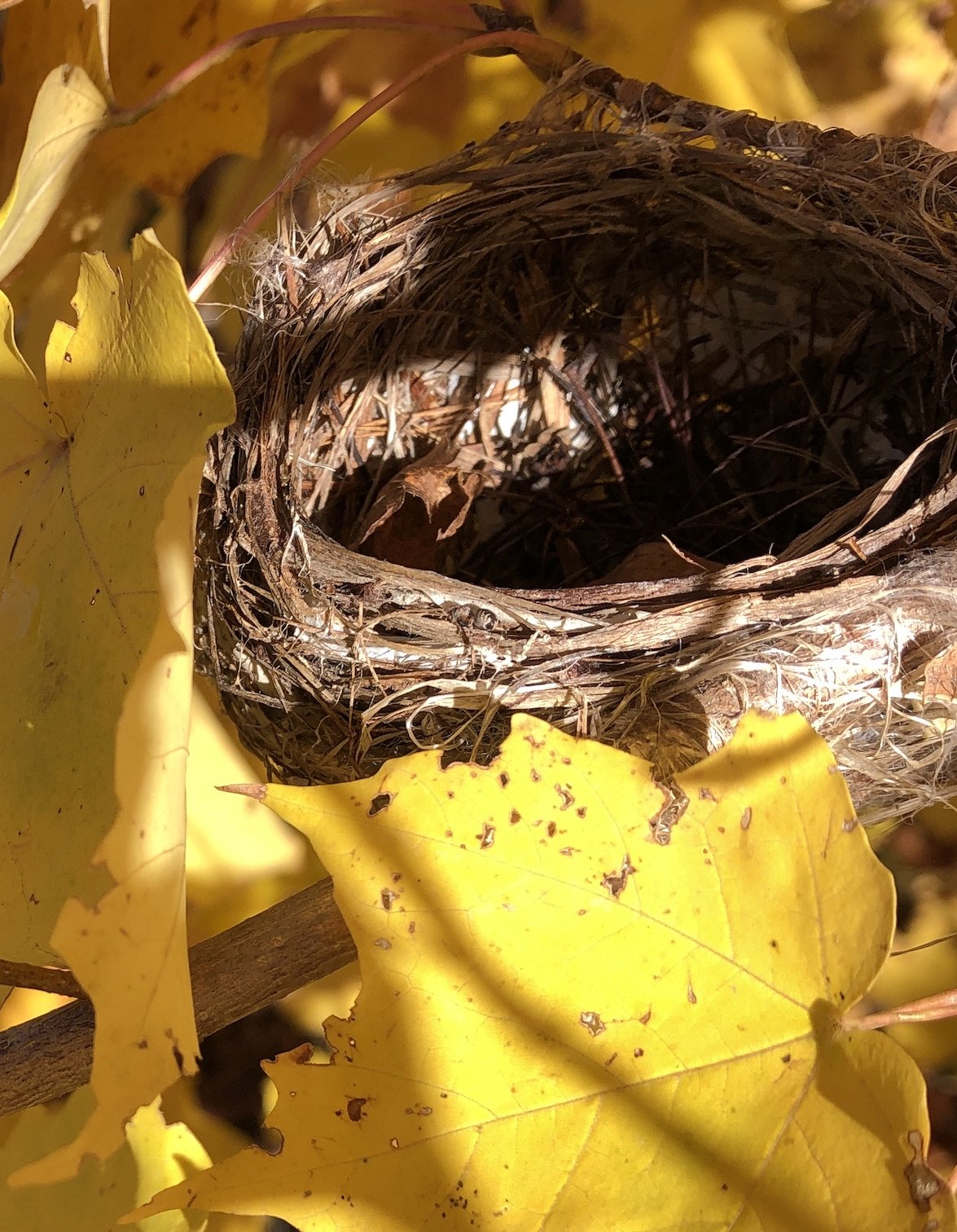The smell of smoke
Her colouring reminds me of the rebellious ‘60s
In his book, Notes on Complexity, Neil Theise describes how life happens at the intersection of order and chaos. Up until now, I thought chaos described our bodies and behaviour, and it does in part. But, as the theory shows, life is actually more complex than that. It is more variable, more uncertain, and therefore has more possibility. I make no claim to understand these things, I just enjoy reading about them and the feeling that they get at something inexplicable. Years ago, I wrote a poem that touches on this very intuition. The whole poem is below for poetry lovers; in it I surmise that human activity resembles an algorithm. Further to that, we don't step out of the algorithm to observe the particular beauties of the day especially when caught up in the societal conditioning of go, get, and do.
We do though. We step out and see beauty, listen to music, and respond to and with love. We follow our intuition, invent ingenious things, get creative. These are the fragrances of the inexplicable. Theise writes and talks a lot about ants as an example of complexity. Their elaborate colonies resemble human cities! Out from these seemingly well-planned systems, random ants go on their own. There is purpose in these errant travellers: to find new food sources. Without them, the colony would not survive. This reminds me of curiosity; how there are people in every field and walk of life who want to explore new territory, find new ways of doing things, who do surprising, and sometimes, unsanctioned things. Humans are in the complexity zone. Of course — that’s the rich environment in which life unfolds. We all have an integral role in these human systems, but I’ve been thinking about these curious seekers.
Lately it’s clear that the forces we were able to predict somewhat reliably, like seasonal changes, are going awry. We call it a climate crisis. The climate is not in crisis. It’s doing what comes naturally in response to conditions. The crisis is a human one. We fail to address our role in creating the current conditions and the impact it’s having on life. Worse yet, we see our role in it, but lack a collective or majority will to change. The recent pandemic showed us that we can quickly mount a global effort to save ourselves from immediate danger. For the past 125 years we’ve been talking about climate change and at any point in that time we could have mounted sweeping changes to avert the climate disasters resulting today. Since the threat to us is not imminent, however, there has been very little motivation at local or global scales to change human behaviour in this way. Lots of people do make a difference every day. Yet as, for example, wildfires become commonplace, we smell the smoke and we normalize it — call it air quality or pollution — or deny it, or throw blame around. It should raise alarm; the limbic system in our brains is screaming about this ancient danger signal, but instead we just get used to it. Close our windows and ask, ”How was the smoke in your area today?”
The Tao te Ching says, “The human being follows the earth. / Earth follows heaven. / Heaven follows the Tao. Tao follows what is natural.” Convenience, materialism, and consumerism are not natural at least not in the harmonious sense that is meant here. The Tao suggests we instead live simply and be grateful and content. Learn to heal and not harm. Each of us is enough just the way we are. If one has food, shelter, and love, one is rich! It says, “People return to the knotting of rope in place of writing, / Their food is plain and healthy, / Their clothes fine but simple, their homes secure; / They are happy in their lives.” The reference to writing is as a form of technology (an advanced one in the time of the author, Lao Tsu) that complicates life where as the knotting of rope refers to plain and simple living. There is happiness to be found in simplicity and in clean living. In our society today we are encouraged at every turn to entertain and indulge ourselves, to acquire the latest gadgets and conveniences. We are told, and we might even believe, that these things will make us happy. To be “content” has negative “doormat” connotations.
In Buddhism, awakening is thought of as the ultimate happiness. When the Buddha had exhausted asceticism in the search for awakening, he asked, “Might there be another way?” He found it by softening and opening, by turning into flowers the arrows that were shot toward him. In our misguided search for ultimate happiness, we have exhausted capitalism and in our pursuits we have laid waste to Eden. It is long since time to look for another way.
Found in a mere 2’ of flotsam from Lake Nipissing
The term reified means to take as substantial something which is not. We have done this with the pursuit of happiness — which is, in fact, no more substantial than a rainbow. Ever elusive, we keep chasing it, believing happiness is out there somewhere and not in our own hearts, families, and communities. Can we stop and really look at the moment that is before us? Let go for the moment of those promising storylines? Surprisingly then, we become like those random ants open to possibility instead of certainty or resignation about how things are. We leave behind resentment and instead become curious about the situation and what to do next. We become essential to the thriving of the complex human colony.
Like the Tao also says, “That which has no substance can enter where there is no room.” With no rigid ideas about how things should be, how they are or aren't a certain way, or about who is to blame, we don’t encounter resistance. "That which has no substance" is open, pure, and curious. It receives and distributes what is essential in life by its sheer nature that is both grateful and generous. It sees that life in all forms is precious, that there is enough already, and wants nothing.
What to feed their young in an ocean of plastic, 2019, collage, 12x18”
Nobody knows what the future will bring for the climate, humans, or the rest of life. Whatever happens, our actions and choices are going to be even more impactful for our families, communities, and society as a whole. And those random, errant, curious beings? Watch them, or be one (maybe you already are). I think they will find us new ways of being.
~
Any City
This could be any city—
a burb at the edge of Toronto, or
somewhere north, yet without snow—
in crisp cold and early dark streets.
We drift silently
in heated seats and dozy wakefulness
into constant yellow lights
and zipping traffic.
This is not a quiet hamlet
planted in the middle of the bush or
my home right now where
I can really see the stars.
These are different lights and closer.
Signalling, comforting, and yet lonely.
You pointed to the dirt
patch—a blank spot
in the intersection—made
by wind and our patterns.
Like ants, I say,
looking at the mall.
Buildings emerge
and communication towers,
gradually and colourless
against a sky growing less dark.
High-heeled, construction orange,
sparks at a worker's hand, bicycles,
to go mugs in hands, signs read,
seagulls scoop the grey morning.
Red jacket, white beard, a man
smokes a pipe outside,
clink of plates and coffee cups,
conversations overlap into static
at the counter, customers arrive
as birds at a flower,
a feeder.
Neurons and atoms zip and fire.
No-one stops to feel small or
see the birch tree in fall yellow
or step out of what might just
be an algo-rhythm.
Tao te Ching references above are from the translation by Gai-Fu Feng, Jane English, and Toilette Lippe. Here is an online translation: in order of reference, chapters 25, 80, and 43.
Also: "Therefore the ancients say, Yield and overcome.” — Chapter 22
And this! The Tao te Ching recited by Wayne Dwyer was a great boon for me while I was in the hospital.






